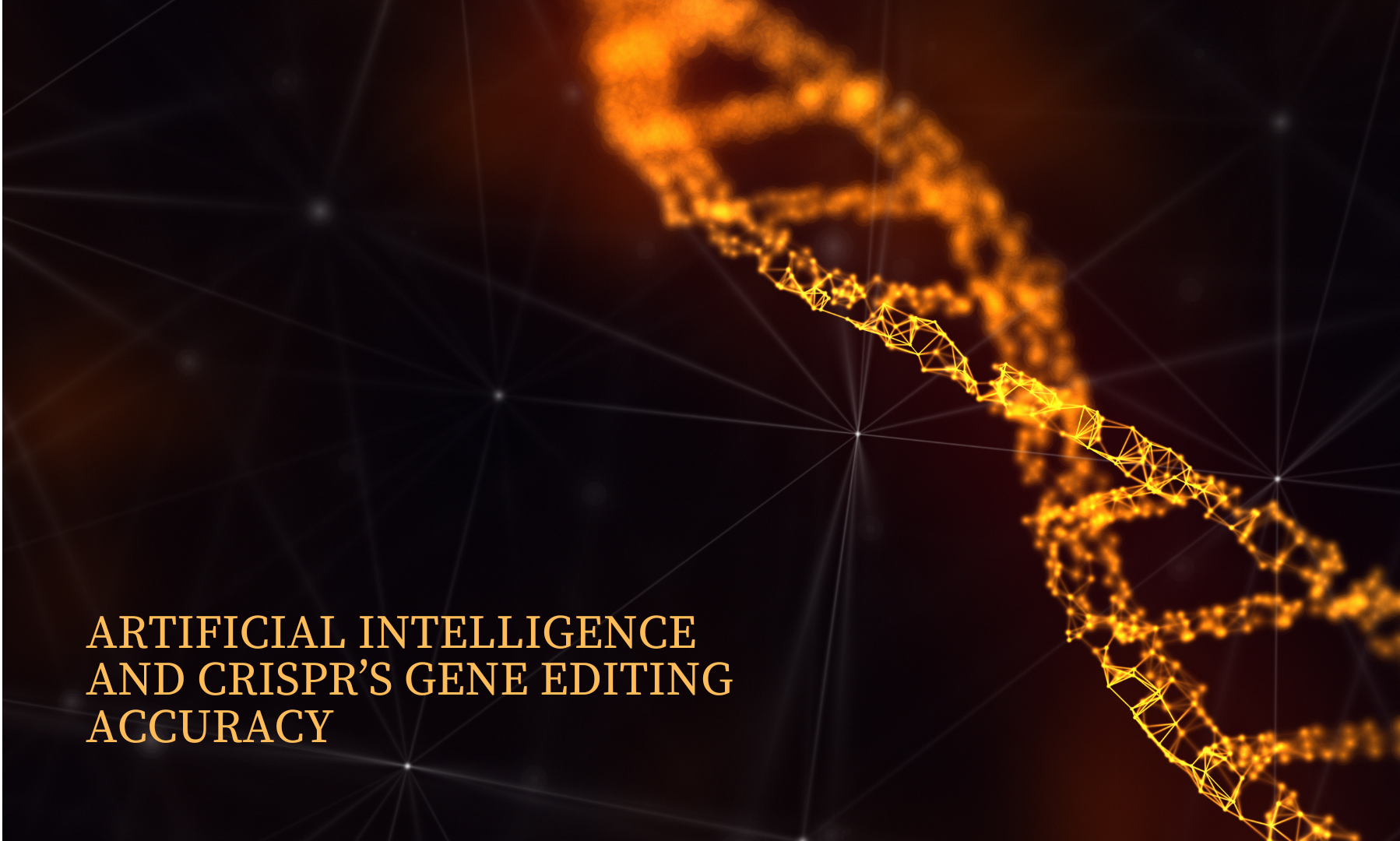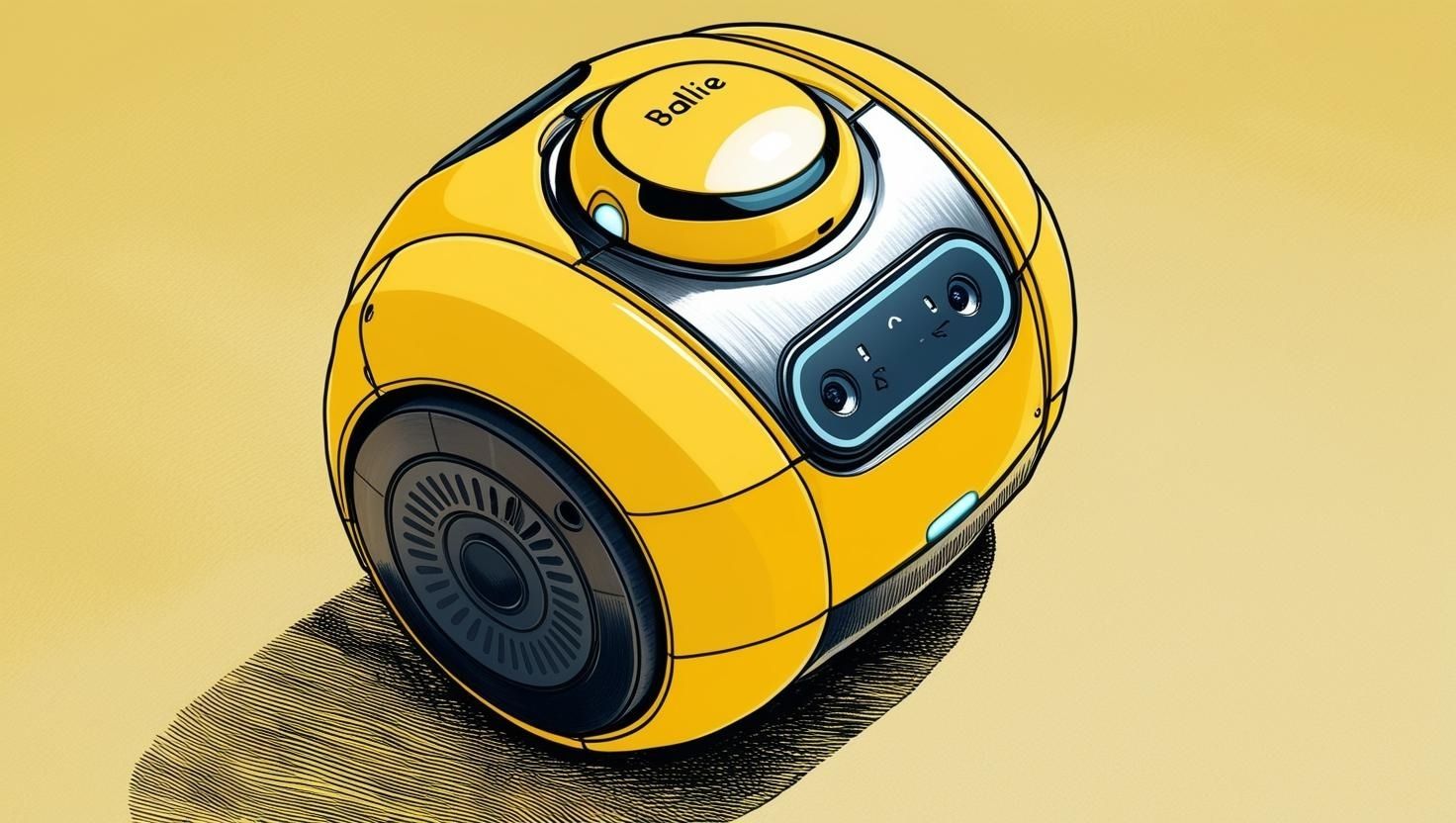Welcome to our exploration into the fascinating world of genetic engineering and artificial intelligence. In this blog post, we delve into the revolutionary CRISPR-Cas Systems and the transformative role of Artificial Intelligence (AI) in optimizing these systems. CRISPR-Cas Systems are a powerful tool in the field of genetics. They are essentially nature’s own cut-and-paste mechanism, allowing scientists to edit genes with unprecedented precision. This technology has the potential to revolutionize medicine by making it possible to correct genetic defects, combat diseases, and even improve crop yields.
Artificial Intelligence, on the other hand, is a field that has been making waves across various sectors, including healthcare and technology. AI’s ability to learn from data and make predictions makes it a valuable tool in optimizing CRISPR-Cas Systems.
Understanding CRISPR-Cas Systems
To understand the significance of CRISPR-Cas Systems, we first need to understand what they are. CRISPR, or Clustered Regularly Interspaced Short Palindromic Repeats, are segments of DNA containing short repetitions of base sequences. Each repetition is followed by short segments of ‘spacer DNA’ from previous exposures to a bacterial virus or plasmid. The CRISPR-Cas System works like a pair of molecular scissors, allowing scientists to cut out, edit, and replace genes in any organism, including humans. This technology has opened up new possibilities in the field of genetic engineering, including the potential for curing genetic diseases, improving agricultural practices, and even bioengineering new types of organisms. In the next sections, we will delve deeper into how AI is being used to optimize these CRISPR-Cas Systems, making them more efficient and precise. Stay tuned to learn more about this exciting intersection of technologies.
The integration of AI and CRISPR gene editing has the potential to significantly accelerate the pace of genetic research and experimentation. AI algorithms can process and analyse vast amounts of genetic data at an unprecedented speed, far surpassing the capabilities of human researchers. This rapid data processing allows AI to predict the outcomes of gene edits with remarkable accuracy, reducing the need for time-consuming trial-and-error experiments in the laboratory. By streamlining the process of identifying optimal gene targets and predicting edit outcomes, AI can dramatically improve the efficiency of CRISPR-based research and development.
Ai solving challenges in CRISPR inaccuracy.
One of the critical challenges in gene editing is the risk of unintended off-target effects, where the CRISPR system inadvertently modifies unintended regions of the genome. This lack of precision can lead to undesirable consequences and potentially undermine the efficacy of gene therapies. AI can help mitigate this risk by employing sophisticated algorithms to predict the most precise target sites for gene editing. Advanced AI tools, such as DeepCRISPR, CRISTA, and DeepHF, leverage deep learning techniques to analyse the genomic context, Cas protein type, desired mutation type, on-target/off-target scores, potential off-target sites, and the potential impacts of genome editing on gene function and cell phenotype. By considering these multiple factors, AI can recommend optimal guide RNAs (gRNAs) for a specified target sequence, minimizing the likelihood of off-target effects and ensuring greater precision in gene editing.
Every individual’s genetic makeup is unique, and this variability plays a crucial role in how individuals respond to gene therapies and treatments. AI can analyse a patient’s specific genetic variations and predict how they would respond to certain gene edits. This capability holds the promise of personalized CRISPR treatments, where gene therapy is tailored to an individual’s unique genetic profile. By analysing a patient’s genomic data, AI can identify disease-causing mutations, genetic variations, and biomarkers associated with various conditions such as cancer, diabetes, Alzheimer’s disease, and more. With this knowledge, AI can guide the development of personalized gene editing strategies, increasing the likelihood of successful treatment outcomes and minimizing potential adverse effects. This personalized approach to medicine has the potential to revolutionize healthcare, offering targeted and effective therapies tailored to each individual’s genetic makeup.
Future of The integration of AI and healthcare
the integration of AI and CRISPR gene editing offers significant advantages in terms of efficiency, precision, and personalization. AI algorithms can rapidly process vast amounts of genetic data, predict optimal gene targets with high accuracy, and analyse individual genetic profiles to enable personalized medicine. By leveraging the strengths of both AI and CRISPR, researchers and healthcare professionals can accelerate the development of innovative gene therapies, improve treatment outcomes, and pave the way for a new era of precision medicine. It has far-reaching implications for the future of healthcare and medicine. With AI-optimized CRISPR, we could potentially cure genetic diseases, create personalized treatments, and even engineer disease-resistant crops. However, with these advancements come ethical considerations that need to be addressed, such as the potential for gene editing to be misused.
Exciting area of research that holds great promise for the future. As we continue to explore this frontier, it’s clear that the combination of these two revolutionary technologies will continue to shape our world in ways we can only begin to imagine. As we stand on the brink of a new era in genetic engineering and artificial intelligence, the potential for transformative change is immense. The integration of AI and CRISPR-Cas Systems is not just a scientific curiosity, but a beacon of hope for countless individuals affected by genetic disorders. It’s a testament to human ingenuity and the relentless pursuit of knowledge. The journey from code to cure is filled with challenges and ethical considerations, but the rewards are potentially life-changing. As we continue to unravel the mysteries of our genetic code and harness the power of AI, we edge closer to a future where diseases are not feared but conquered.
Exciting journey
We invite you to join us on this exciting journey. Stay curious, stay informed, and most importantly, stay hopeful. The future of healthcare is being rewritten, and we are privileged to be part of this narrative. Remember, every click, every share, and every discussion contributes to the broader understanding and acceptance of these technologies. So, let’s continue the conversation and spread the word about the incredible potential of AI-optimized CRISPR-Cas Systems. Together, we can shape a future where technology and biology unite for the betterment of humanity.






